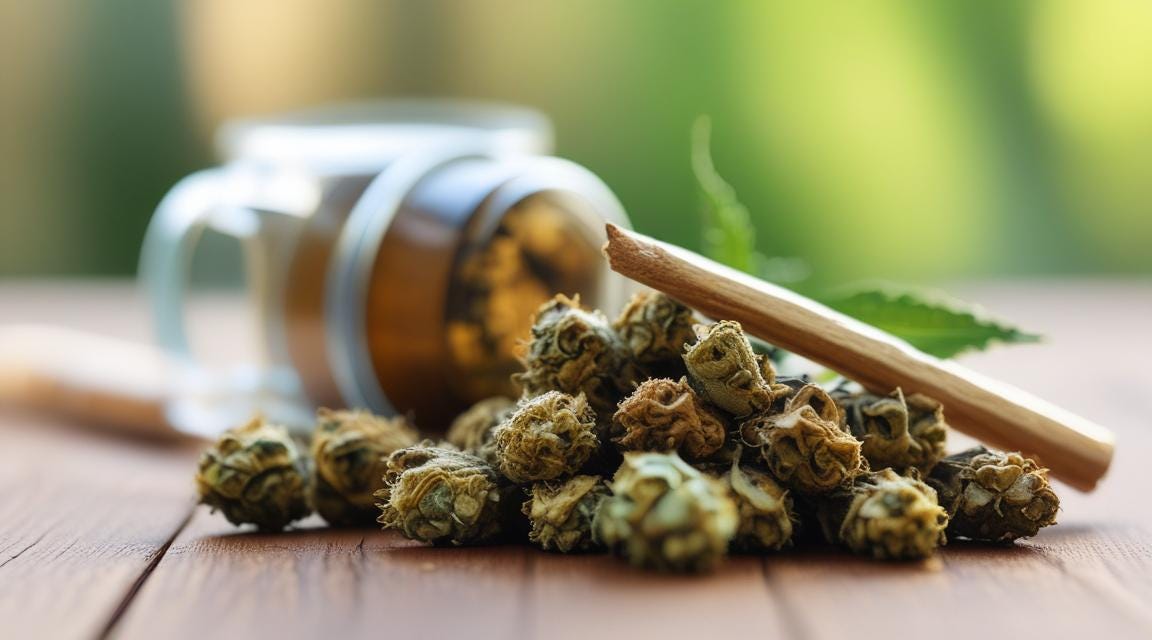Amendment 3: Will Legal Weed Light Up Florida’s Future?
Economic boost, reduced crime—but does it go far enough for true freedom?
Florida’s Amendment 3 is on the ballot on November 5th, when Florida voters will decide whether to legalize recreational marijuana use. While I am for this measure overall, I have some reservations. I wrote about the amendment earlier this year.
Let’s first focus on the benefits of Amendment 3’s passage, which requires over 60% voter approval.
Legalization of recreational marijuana would lead to economic growth in Florida, which would increase tax revenues for the State of Florida, which, under the Amendment, would go to education, infrastructure, and other public services. It would also increase jobs as the industry expands.
More important than generating revenue for the State is that it would, by definition, reduce crime by legalizing cannabis use, and law enforcement can stop wasting resources arresting those using and in possession of the plant, enabling them to focus on actual crimes with actual victims. It will free up the court system, filtering out marijuana cases from their dockets. This will save taxpayers money and, over time, lower the stigma attached to the use of cannabis.
Another important factor is consumers would have faith in knowing what they are actually consuming, eliminating the accidental overdose deaths associated with marijuana-laced with fentanyl. Having consumers confident in knowing what they are consuming is an important factor as they buy from reputable stores.
Lastly, we cannot discount the increase in tourism dollars and the furthering of Florida’s reputation as a bastion of freedom.
But it is not all a bed of roses; the devil is in the details.
In my view, it doesn’t go far enough. We should be able to grow the plant in our homes and backyards without threat of arrest. The measure is protectionist by only allowing certain vendors to produce and sell cannabis. Amendment 3 favors large corporations like Trulieve, Florida's largest medical marijuana operator, over small businesses and local nurseries.
In addition, high taxes and regulation could continue today’s black market of marijuana, defeating the overall idea of recreational marijuana.
My conclusion is that this measure is a positive step toward true legalization as the public realizes cannabis is not the evil weed they’ve been led to believe via propaganda by the government. This could lead to being able to grow the plant in our own homes without fear of getting a knock on the door by the DEA or local law enforcement to put you in a cage.





